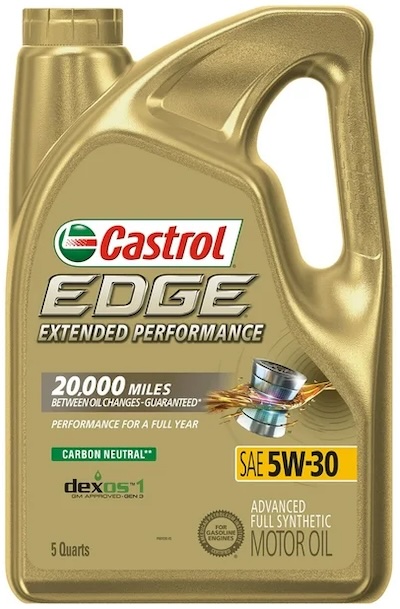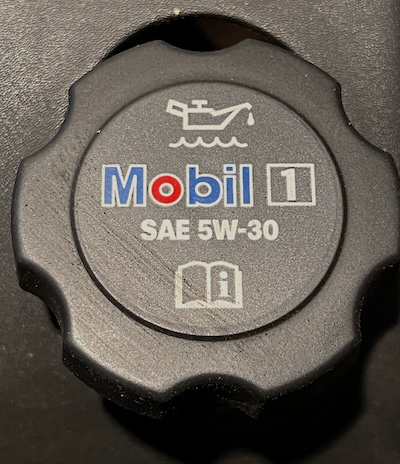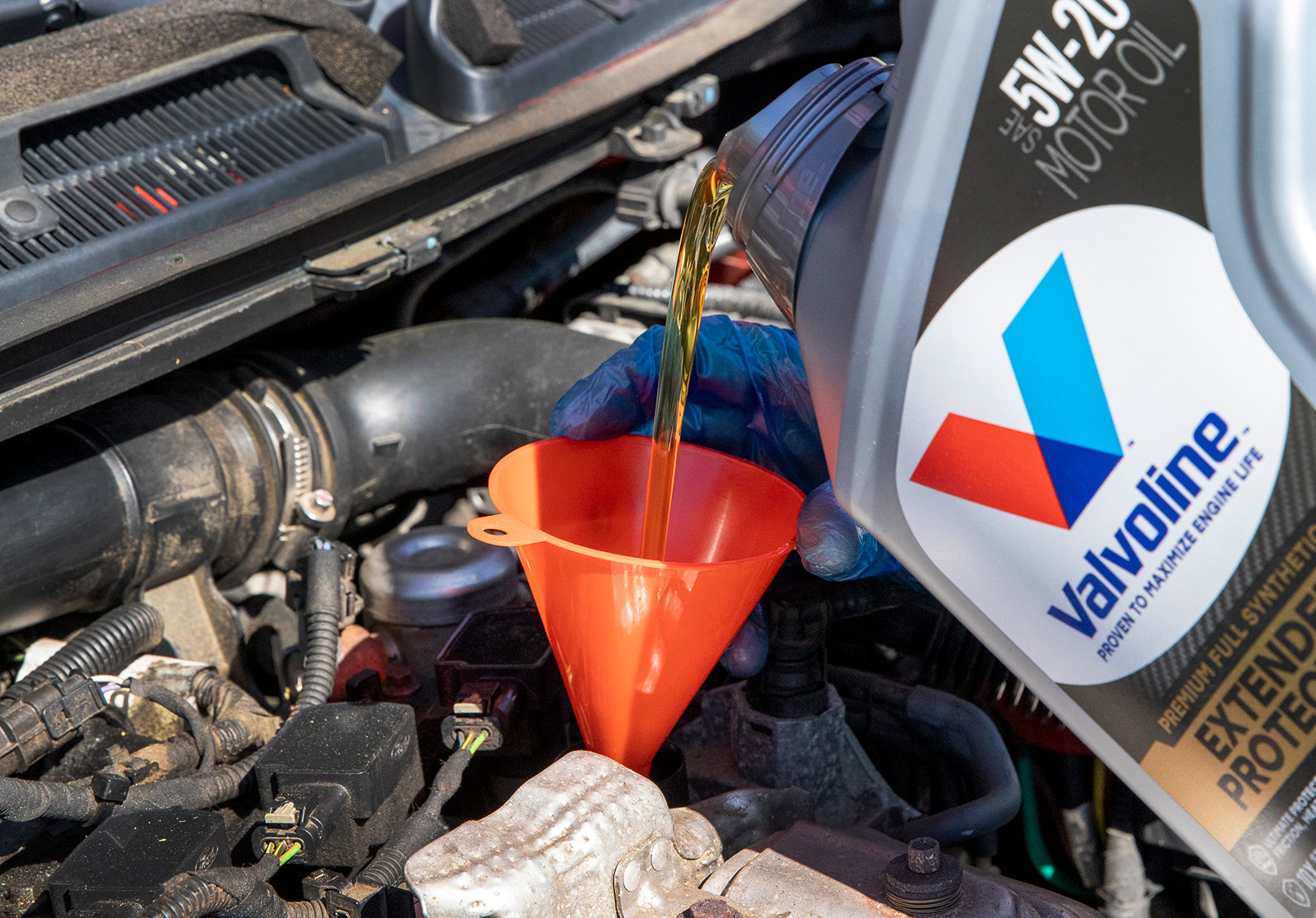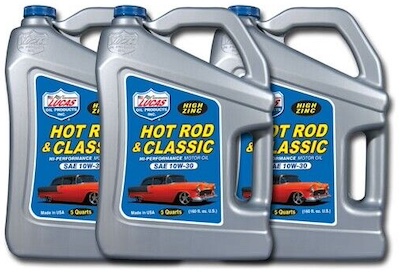Contents
Motor Oil Purpose
The motor oil in your engine serves three primary purposes, all critical to a worry-free driving experience.
- Lubrication: Motor oil’s primary purpose is to provide a fluid barrier between moving metal parts. Without this lubrication, the metal parts would grind against each other, removing metal bits and damaging critical parts.
- Contamination Removal: As motor oil cruises through the engine, it collects debris, metal shavings, and contaminants and takes them to the oil filter. The oil filter traps the junk and helps to keep the motor oil clean. That is why changing the oil filter per the manufacturer’s specifications is essential.
- Cooling: Motor oil absorbs heat, allowing the engine to operate at the intended internal temperatures. While radiator fluid keeps the central portion of the engine block cool, motor oil reaches parts that the coolant doesn’t. Many cars now have oil coolers to help keep the oil at the proper temperatures.
Motor Oil Viscosity
Viscosity is measured as the ease at which motor oil flows at a specified temperature. Initially, motor oil only came in one grade or weight, and owners needed to change the oil with the seasons. Now, nearly all motor oil is multi-weight.
The Society of Automotive Engineers (SAE) establishes oil viscosity standards, usually shown as “xxWyy.” The first number indicates the oil flow rate at 0 degrees Fahrenheit, with a lower number indicating less thickening. The second number (yy) indicates the viscosity at 212 degrees Fahrenheit. The lower the number, the quicker the oil thins at higher temperatures.
In recent years, manufacturers have designed engines to run at lower ratings, like 0W20. This allows the engine to have less drag and improves gas mileage. Follow the manufacturer’s specifications when choosing an oil weight or SAE rating. Too thin of an oil might cause premature wear, as does too thick of an oil.
Motor Oil Grades

- The first letter indicates the intended use, either “S” for gasoline or “C” for diesel.
- The second letter indicates the motor oil’s performance characteristics; the higher the letter, the better the rating. So, a motor oil with an SP rating would perform better than one rated at SJ.
Oil Label Marketing

Oil refineries add certain additives that contribute to better oil protection. There are chemical differences. And it’s not just the introduction of additives, but the total formulation.”
You might see labeling for “European engines.” Many European imports use ACEA ratings, which differ slightly from the API guidelines. So, most of the oil designated for use in European engines will also meet these standards.
Synthetics vs Conventional Oils
Motor oil is initially refined from crude oil. Synthetic oil was developed to produce a better lubricant. Like many auto terms, there is no specific industry standard to define synthetic oil, but here are some general guidelines.
- Conventional: Typically, this is refined from crude oil to produce oil that meets specific SAE and API standards. Burns noted, “You’re not going to see a conventional 0W20 oil. If you have older show cars or classic cars, it may be more appropriate for you to use conventional oils because they fit a bit better with the technology set at that time.”
- Synthetic blend: Blended oils usually have one or more synthetic oils blended with conventional oil and additives. They might offer more protection and consistency at a slightly higher price than conventional oil.
- Synthetic: While there might not be any industry standards, most synthetic oil has been chemically altered during the refinery process to produce consistent oil molecules. These molecules are uniform in shape and size and offer greater engine protection. This oil is usually the most expensive offering.
When synthetic oils first came out, many people claimed that you shouldn’t switch to synthetic oils if you had a history of only using conventional oils. Others argued that you could not switch back to conventional oil once you used synthetic oil. Extensive testing has disproved both rumors, and you can use any oil type as long as it meets the minimum manufacturing specifications.
Analyzing your used oil is a great idea if you are concerned about your engine’s performance. A thorough analysis of an oil sample will show you how much the oil has broken down and what contaminants are in it. Tests give insight into how well that oil performed, the engine’s condition, and how often the oil might need to be changed.
Oil Storage
After an oil change, you might end up with an extra quart or two. So, how long can oil be safely stored?
It depends on how the oil is stored. Oil can last a number of years if kept in a sealed container at normal room temperature and humidity conditions. However, deviation from those conditions could accelerate degradation. If you are storing the oil for a few hours, test it to confirm that it still meets the specifications on the product data sheet.
Brands

Chevrolet Corvette oil cap
There is a giant selection of oil offerings available on eBay. First, find oils that meet the viscosity and API standards established by the engine manufacturer. Often, the carmaker will specify brands that they endorse. Chevrolet Corvettes leave the factory filled with Mobil 1 motor oil, the recommended oil.

The 1993 Corvette was the first to roll off the assembly line filled with synthetic engine oil.
Other popular brands include Castrol, Pennzoil, Valvoline, and Lucas Oil. These brands are often used in race cars. Most major brands use the proper additives to keep your engine at its peak performance for years. Consistent oil changes with a new oil filter help extend an engine’s life span.
Shop now for motor oil






